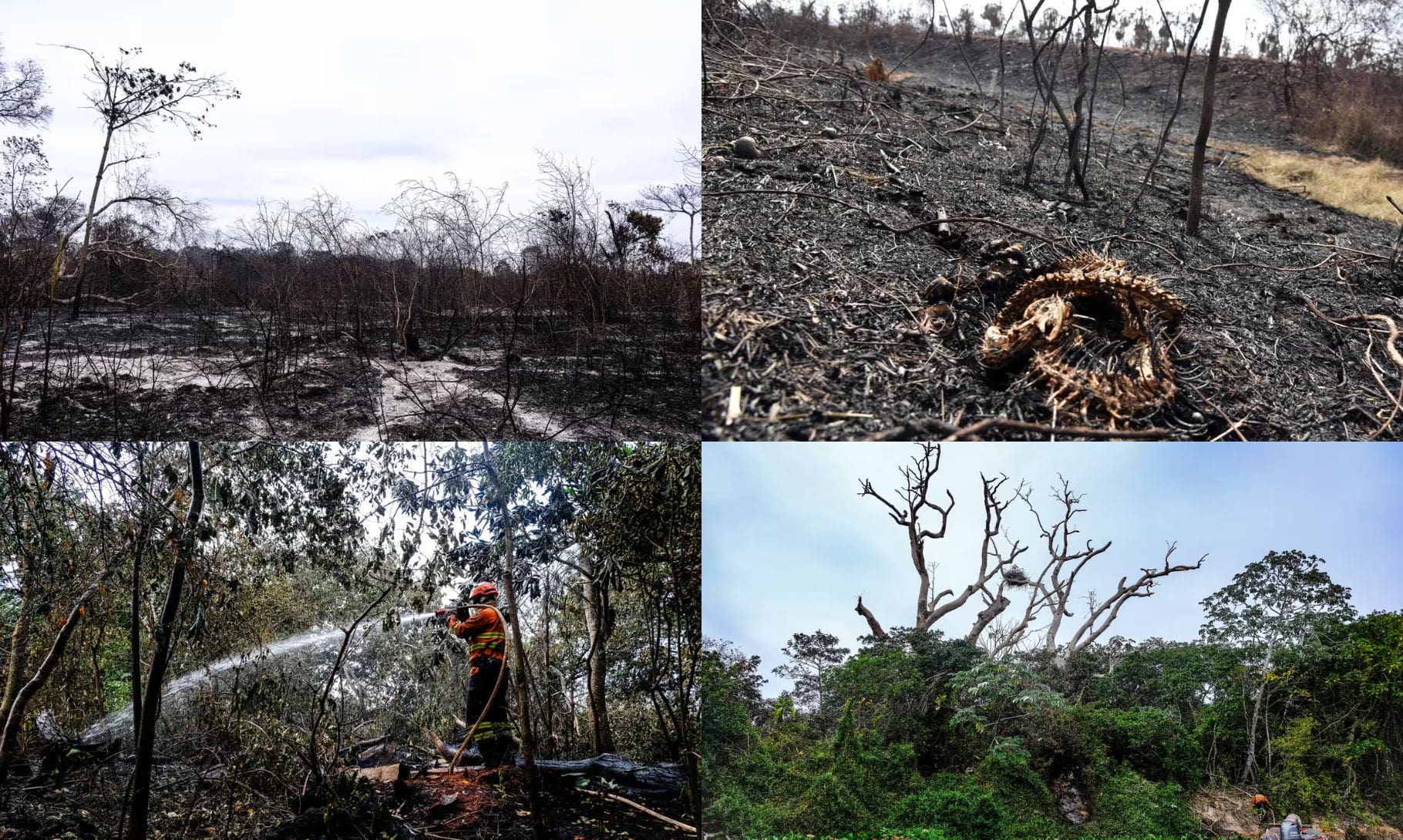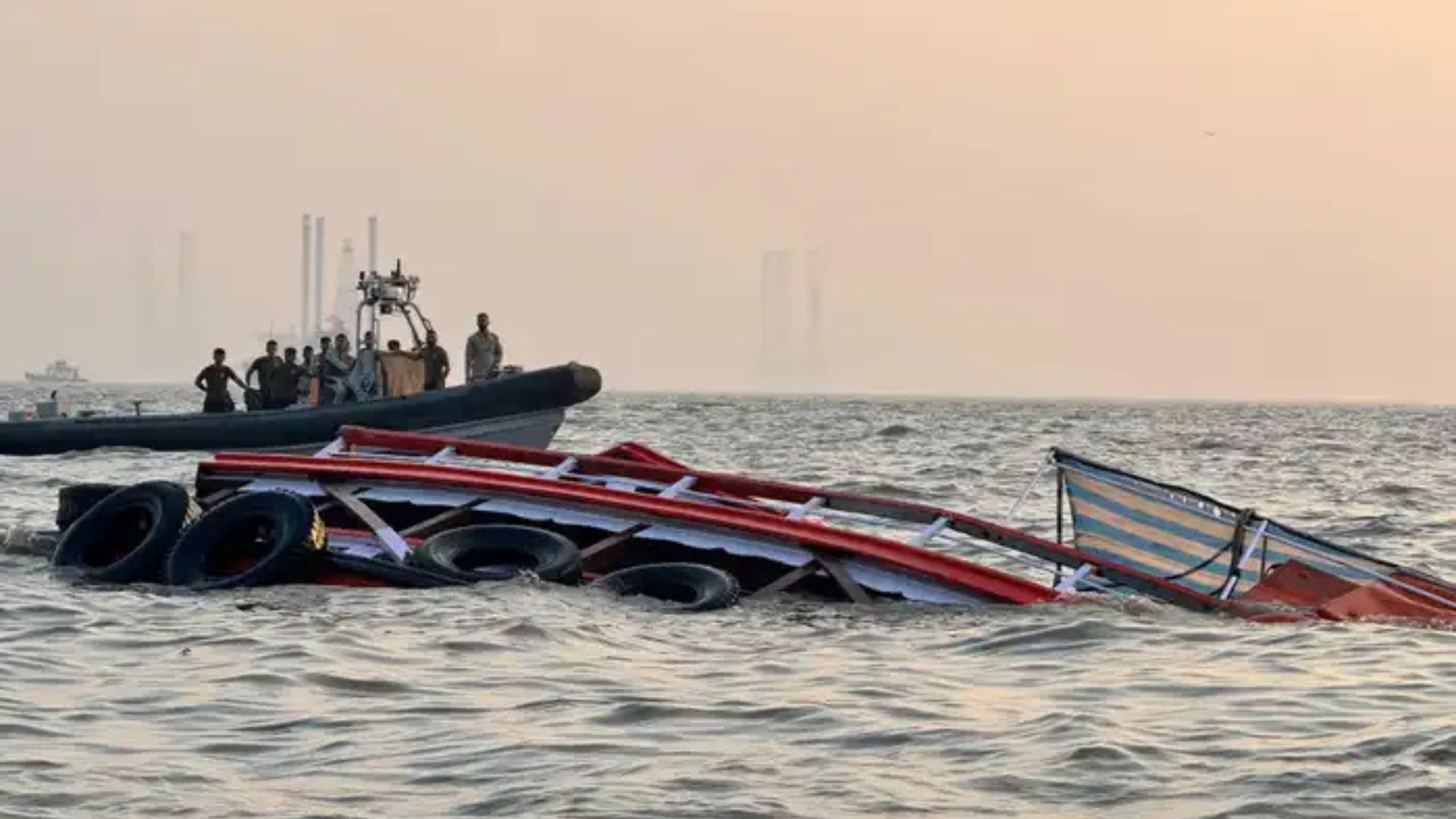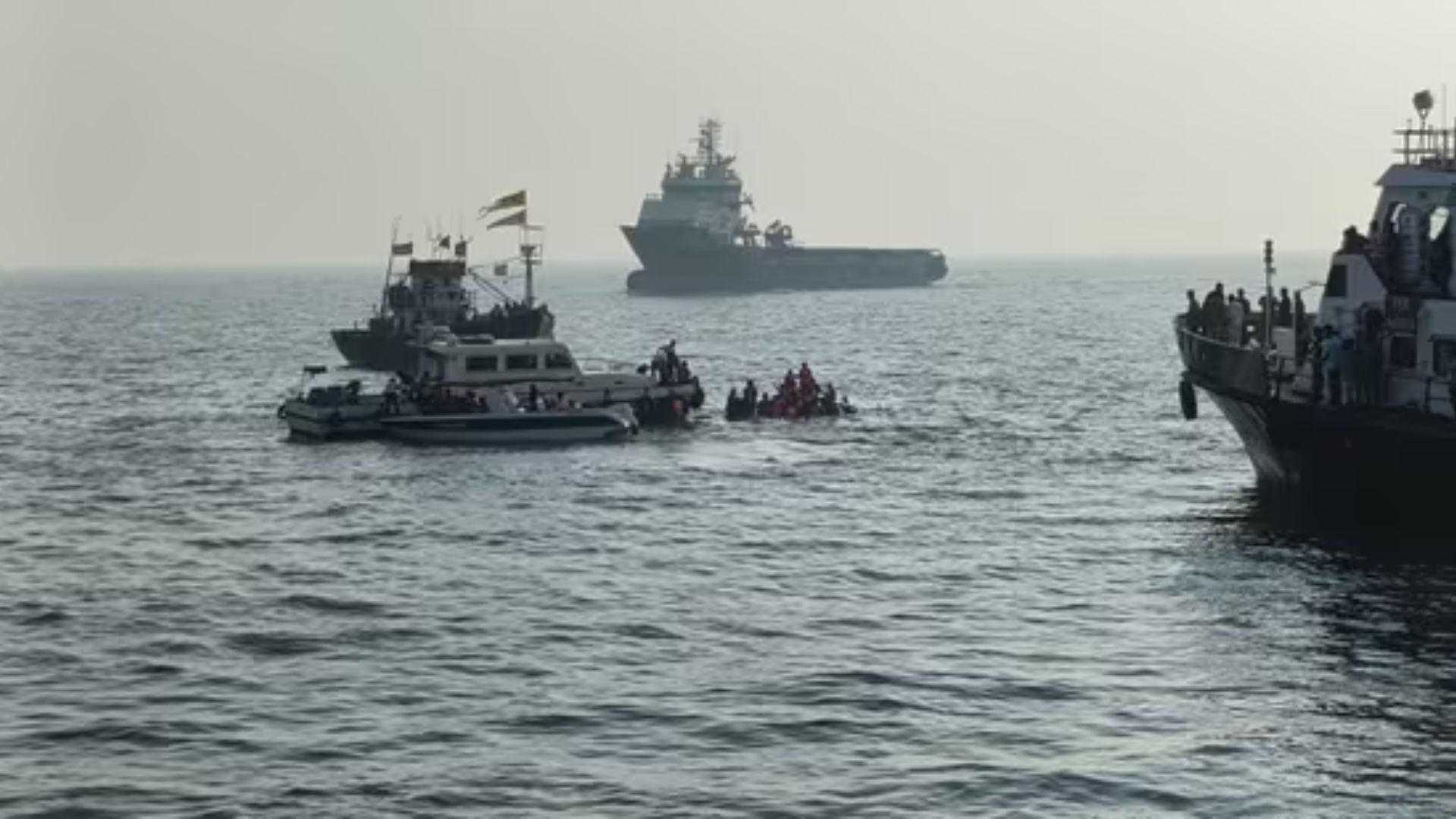
The Pantanal, the world’s largest wetland, is experiencing unprecedented devastation in 2024 due to widespread wildfires. Covering parts of Brazil, Bolivia, and Paraguay, this diverse region has already lost over 760,000 hectares to fires, a shocking increase from last year. Experts predict 2024 could be its worst year in decades.
The impact on wildlife is dire. Home to jaguars, giant river otters, and other endangered species, the Pantanal’s ecosystem, known for seasonal flooding, is now vulnerable due to climate change-induced droughts disrupting its natural cycles. Animals are dying in large numbers, including reptiles, amphibians, and iconic species like jaguars, often succumbing to flames or smoke.
Local communities are also suffering. Residents report losing animals and respiratory problems in children due to smoke. Despite efforts like emergency declarations and firefighting, the fires continue, fueled by dry conditions and wind. Ranching practices, historically using fire for land clearing, worsen the situation, leading to uncontrollable blazes spreading across private lands.
The Pantanal is not just a biodiversity hotspot but also crucial for storing carbon, yet these fires release vast amounts of CO2, worsening climate change.
Calls for action are growing louder among locals and experts, urging more investment in fire prevention and management. Despite government responses like expanded firefighting efforts, the challenges remain daunting. As fires devastate the Pantanal, destroying habitats and threatening livelihoods, protecting this unique and invaluable ecosystem becomes increasingly urgent.
The Pantanal’s current crisis highlights the broader environmental challenges, where human activities and climate change endanger some of the planet’s most biodiverse and ecologically important regions.















